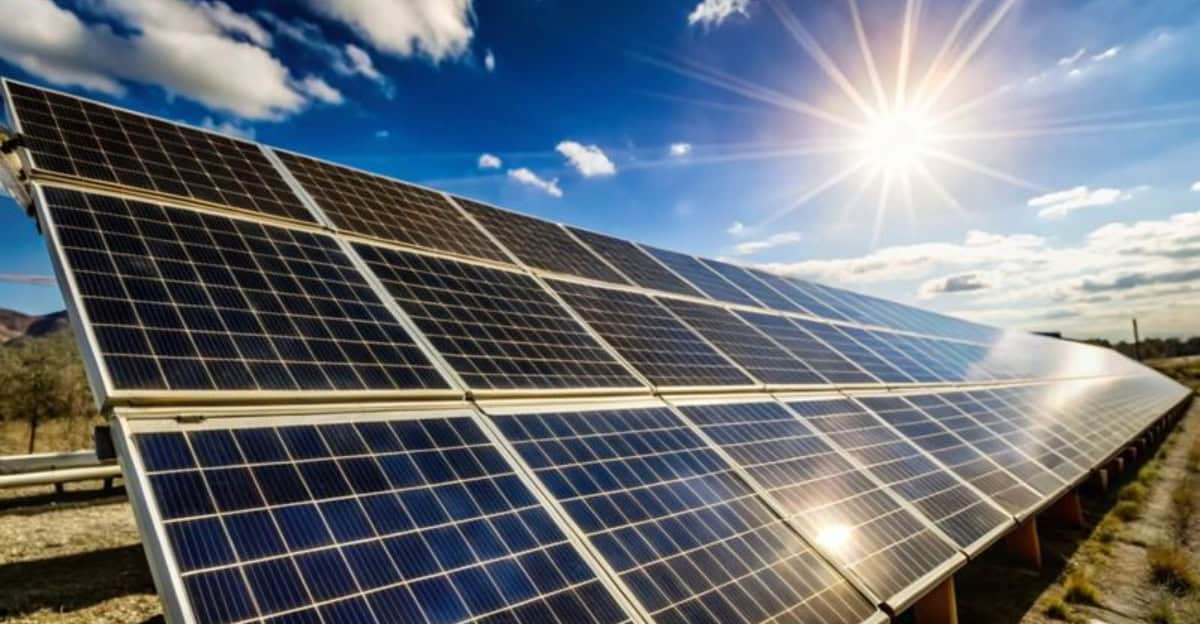Solar panels have become increasingly popular as more people look to adopt sustainable energy solutions in their homes.
This guide will cover 8 essential things you need to know about solar panels, helping you make an informed decision and enjoy a greener lifestyle.
1. Understanding Solar Efficiency
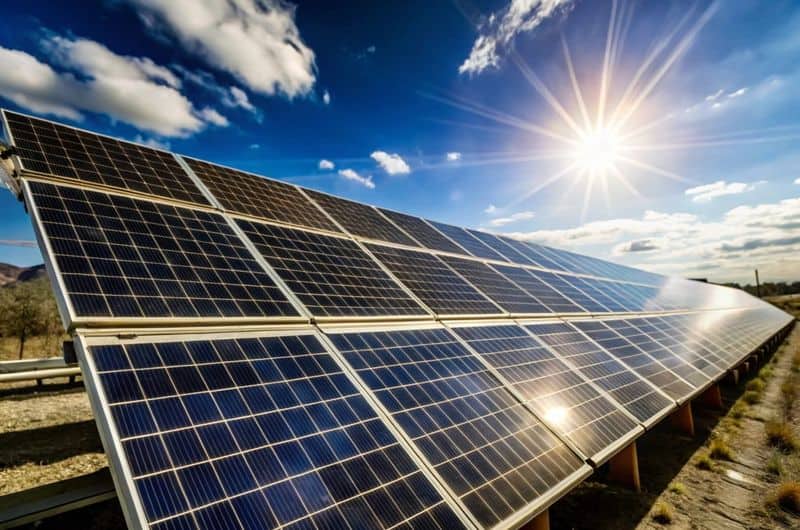
Solar efficiency refers to the ability of solar panels to convert sunlight into electricity effectively.
Typically, modern panels have efficiency rates between 15% and 22%. Higher efficiency means more energy production.
Consider the space available on your roof and your energy needs. Investing in high-efficiency panels might be wise, even if the initial cost is higher because it saves money long-term.
2. Cost and Investment
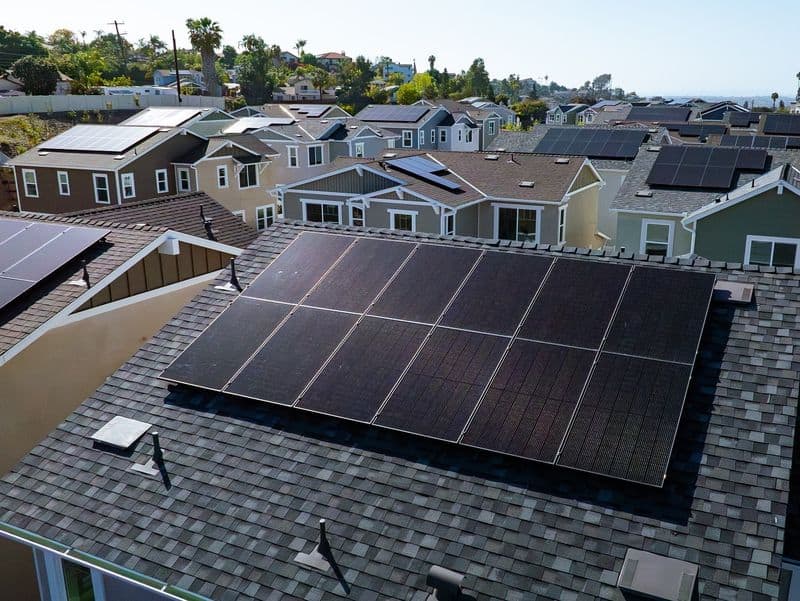
The cost of solar panels varies based on size, type, and installation complexity.
On average, homeowners can expect to spend between $10,000 and $30,000.
Though the upfront cost is significant, tax incentives and long-term savings on electricity bills make it a worthwhile investment.
Research available rebates and financing options to minimize initial expenses and increase affordability.
3. Types of Solar Panels
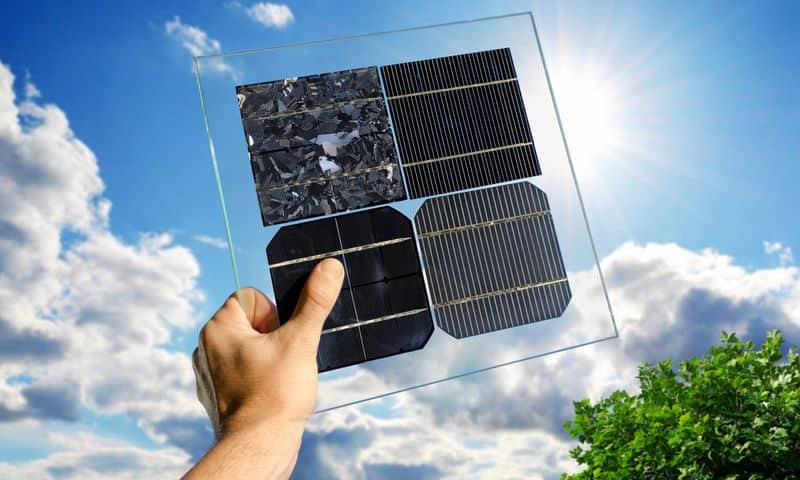
There are several types of solar panels, each with unique features and benefits.
Monocrystalline panels are known for high efficiency and sleek appearance, while polycrystalline panels are more affordable.
Thin-film panels offer flexibility and ease of installation. Evaluating your specific needs and budget will guide you in choosing the right panel type for your home and energy requirements.
4. Installation Process
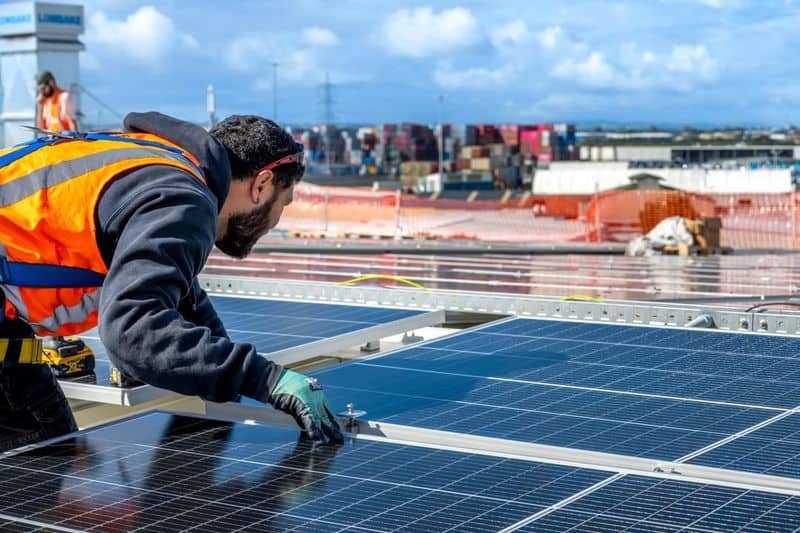
Installing solar panels involves several key steps, starting with an assessment of your roof’s condition and orientation.
Professional installers will design a system tailored to your energy needs. The installation usually takes one to three days.
Proper installation ensures maximum efficiency and longevity of the panels, so choosing a reputable installer is essential for a successful setup.
5. Maintenance and Care
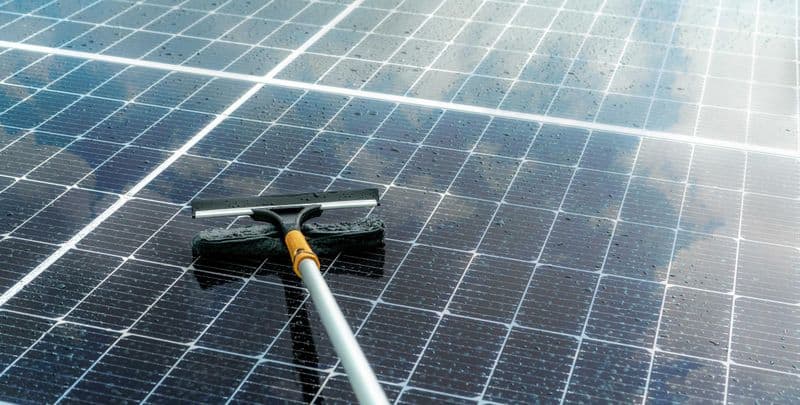
Solar panels require minimal maintenance to stay efficient. Regular cleaning to remove dust, leaves, and debris is crucial.
Inspect panels for any damage or shading issues. Annual professional check-ups ensure optimal performance.
Following these maintenance tips will help maximize energy production and extend the life of your solar panel system, making it a smart long-term investment.
6. Environmental Benefits
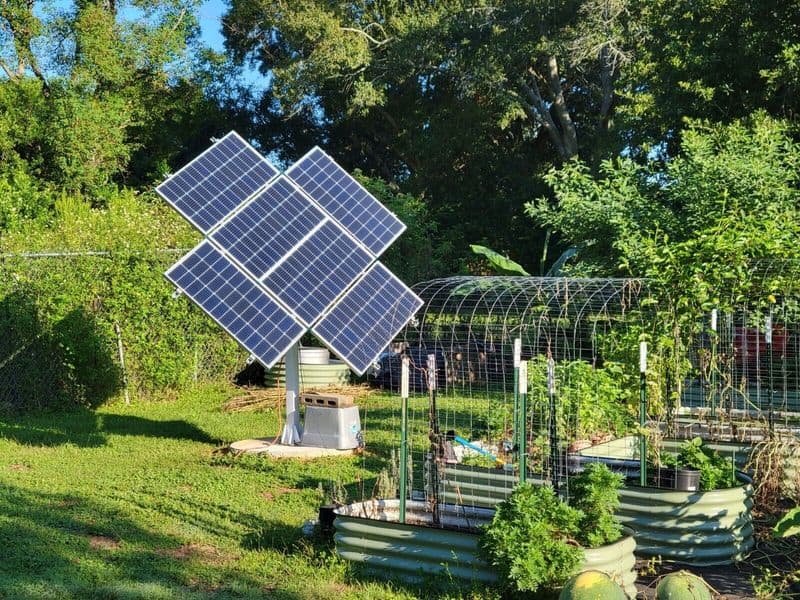
Solar panels contribute significantly to reducing carbon footprints by generating clean energy.
Unlike fossil fuels, solar power doesn’t produce harmful emissions. This eco-friendly energy source helps combat climate change and conserves natural resources.
By opting for solar energy, homeowners can play a crucial role in promoting sustainability and protecting the environment for future generations.
7. Solar Incentives and Rebates
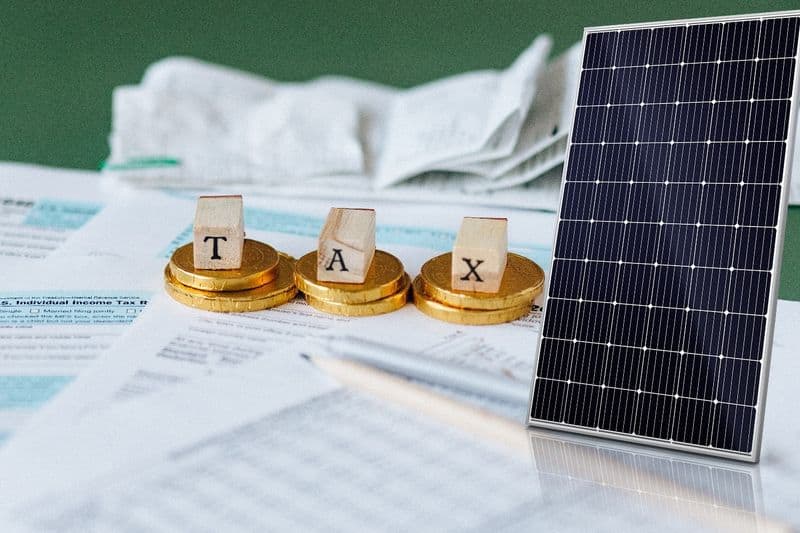
Federal tax credits, state-specific rebates, and net metering policies are available to encourage solar adoption.
Understanding these benefits can make solar energy more accessible and financially feasible.
It’s wise to consult with a solar energy expert to fully leverage these incentives for your home installation.
8. Energy Storage Solutions
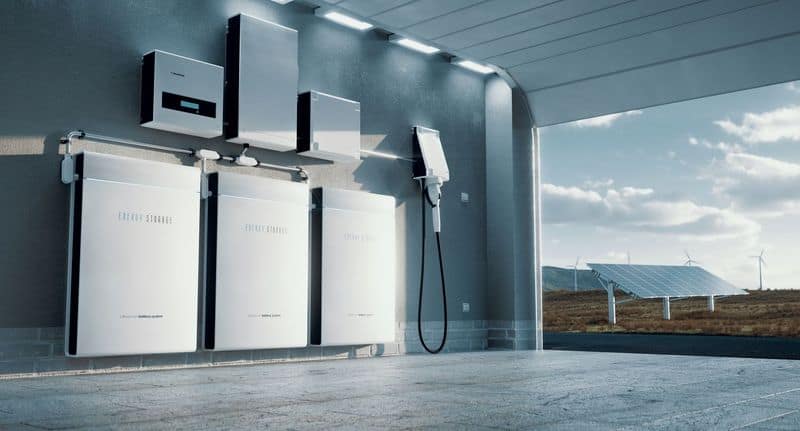
Pairing solar panels with energy storage solutions like batteries enhances energy independence.
Batteries store excess energy generated during the day for use at night or during power outages.
This setup maximizes solar investment returns and provides a reliable backup power source.
Consider the capacity, cost, and compatibility of solar batteries when planning your energy system.

